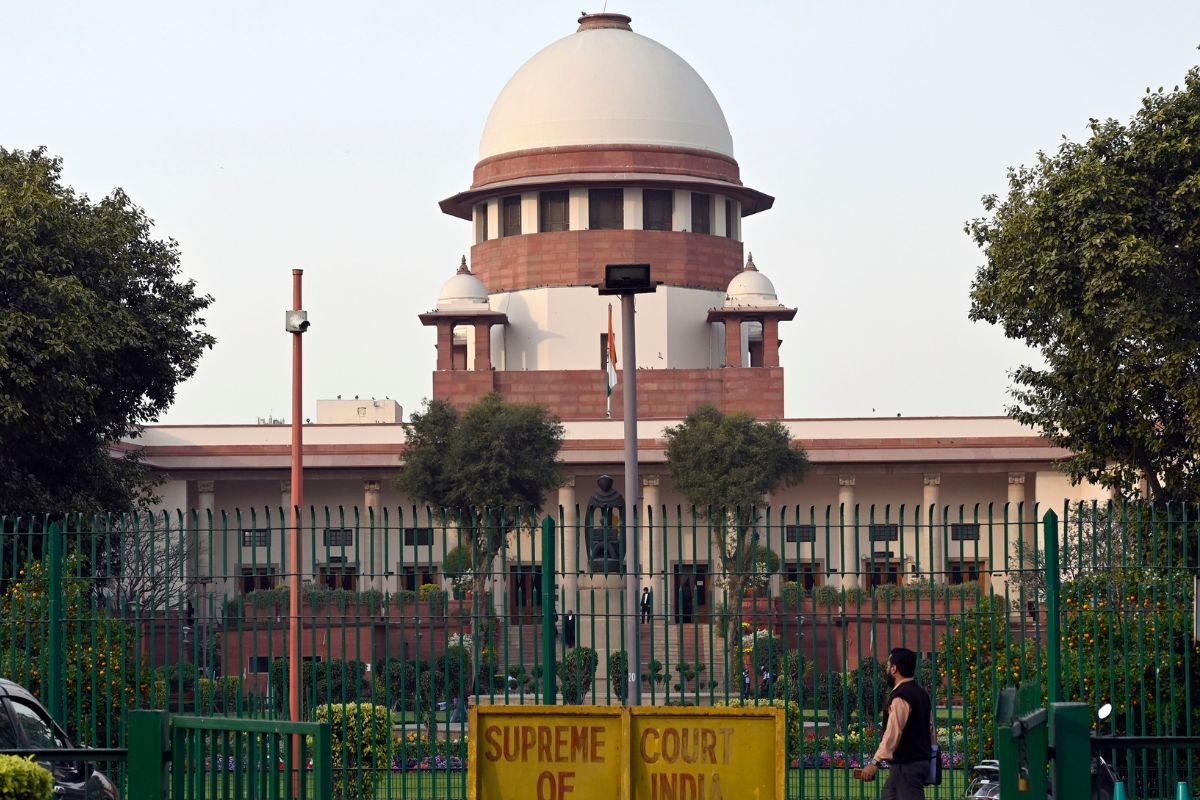The court pointed out that once the claimant filed an affidavit to the effect of relevant facts of the deceased being a bona fide passenger, the burden of proof stood discharged and a rebuttal of the same then shifted to the Railways
The Supreme Court has directed the Indian Railways to pay Rs 8 lakh as per rules to a woman whose brother suffered a fatal fall from a moving train, Kanchanjugha Express, in 2003. The court emphasised that the mere absence of a ticket would not negate the claim that the deceased was a bona fide passenger.
A bench of Chief Justice of India DY Chandrachud and Justices JB Pardiwala and Manoj Misra allowed an appeal filed by Doli Rani Saha with regard to the death of her brother Swapan Kumar Saha on September 8, 2003, as the Railways failed to rebut the presumption that he was a bona fide passenger.
The bench pointed out that conclusions in post-mortem reports as to the time of death are approximations, which is also indicated by the fact that they usually provide a window of time in which the deceased may have died.
“A margin of error of about half a day in cases where compensation is at issue is not disproportionate, where the evidence is otherwise corroborated by the material on record,” the court said.
The appellant challenged the validity of Gauhati High Court’s order as well as that of the Railway Claims Tribunal rejecting her plea for compensation of Rs 4 lakh.
She contended the high court and the tribunal in concluding that the deceased was not travelling in the train on September 5, 2003, overlooked the findings contained in the final report of November 6, 2003, submitted by the investigating officer to the sub-divisional magistrate, Rangiya.
She said the report also included an extract from the post-mortem results, which indicated that the cause of death was due to head injuries resulting from a “blunt force impact”. The estimated time of death was determined to be between forty-eight and seventy-two hours before the conduct of the post-mortem.
The Railways said the appellant had not provided a reason for the delay in the discovery of the body of the deceased. It argued that other employees of the Railways were bound to have chanced upon the body in the days after the alleged date of death.
The bench, after going through the high court and the tribunal’s decision, pointed out the Supreme Court in Union of India v Rina Devi (2019) considered the question of the party on which the burden of proof will lie in cases where the body of the deceased is found on railway premises.
The court held that the initial burden would be on the claimant, which could be discharged by filing an affidavit of the relevant facts. Once the claimant did so, the burden would then shift to the Railways.
Significantly, it also held that the mere absence of a ticket would not negate the claim that the deceased was a bona fide passenger, the bench said.
“In the present case, the appellant had duly filed an affidavit stating the facts and adverting to the report arising from the investigation conducted by the respondent, which showed that the deceased was travelling on the train and that his death was caused by a fall during the course of his travel. The burden of proof then shifted to the Railways, which has not discharged its burden. Therefore, the presumption that the deceased was a bona fide passenger on the train in question was not rebutted,” the bench said.
The SC also pointed out the high court did not notice that the Investigating officer (IO) indicated that the deceased fell off the train at approximately 11.15 pm on September 5, 2003.
“The report of the IO otherwise corroborated that the deceased fell from the train. Further, the post-mortem report also stated that the deceased sustained ante mortem injuries due to blunt force. Hence, from the material on record, it can be concluded that the deceased was a bona fide passenger on the train in question and that he sustained grave injuries leading to his death, due to his fall from the train. Compensation is therefore due to the appellant,” the bench said.
The court said that in 2003 the compensation payable for the death of a passenger was Rs 4,00,000, as provided under Schedule I of the Railway Accidents (Compensation) Rules 1990, as amended by the Railway Accidents and Untoward Incidents (Compensation) Amendment Rules 1997.
However, the compensation payable for the death of a passenger as of date is Rs 8,00,000, which was enhanced by a notification bearing GSR 1165(E) of December 22, 2016, it noted.
The court finally held the compensation would be paid by the respondent to the appellant by September 30, 2024, failing which the amount thus awarded would carry interest at the rate of six per cent per annum from the date of the order until payment.

